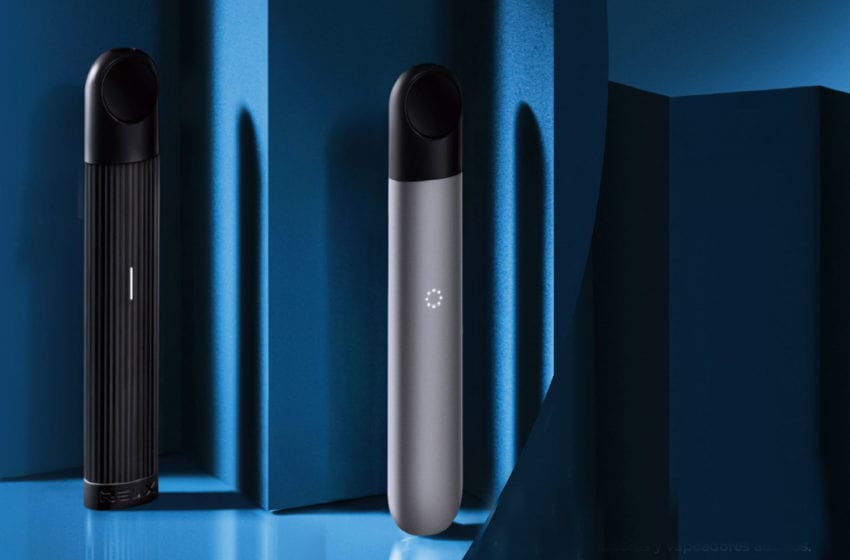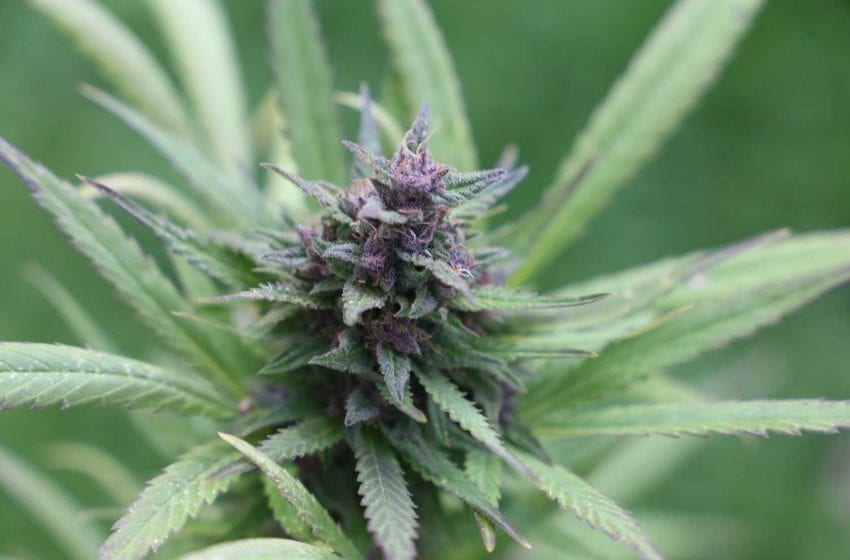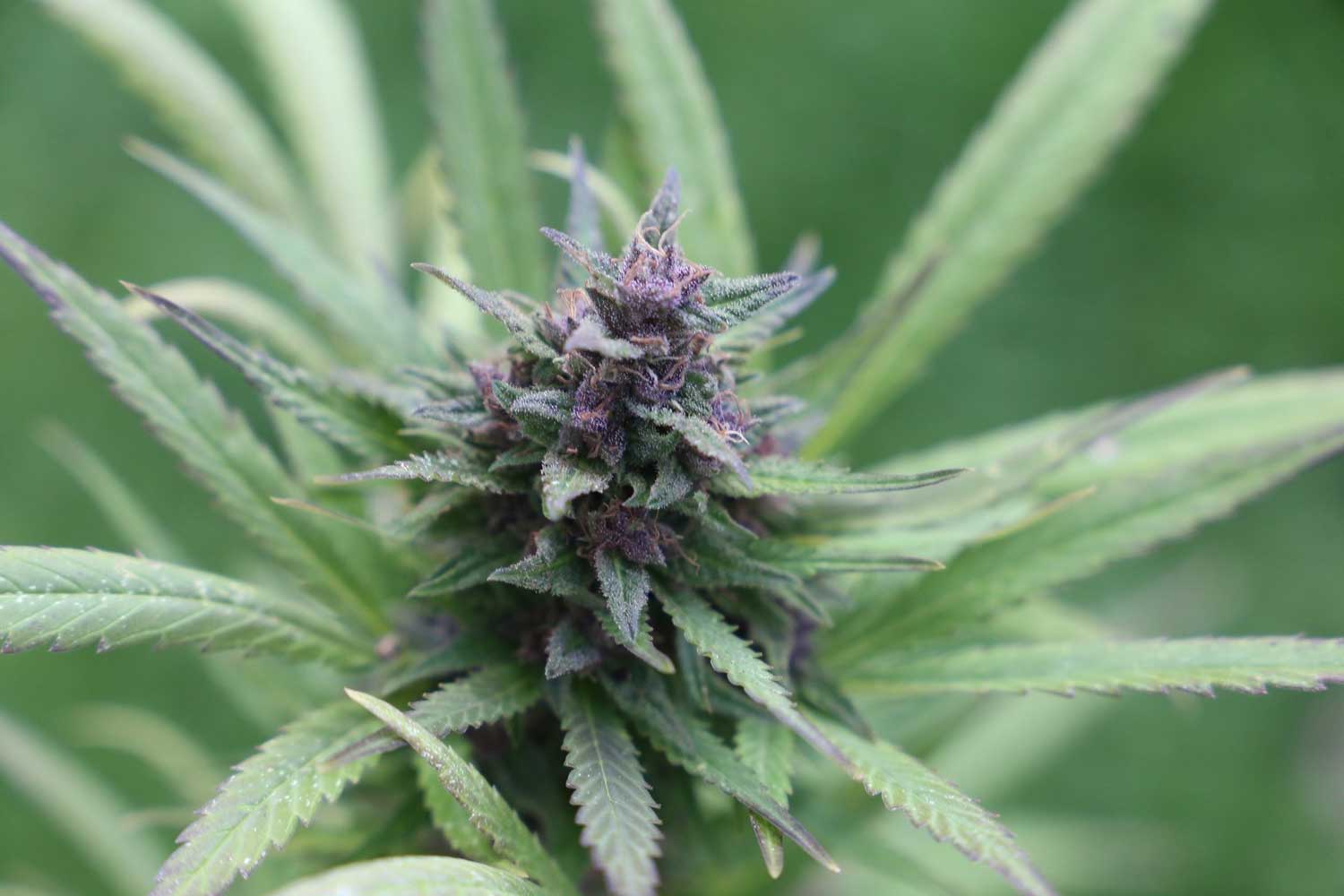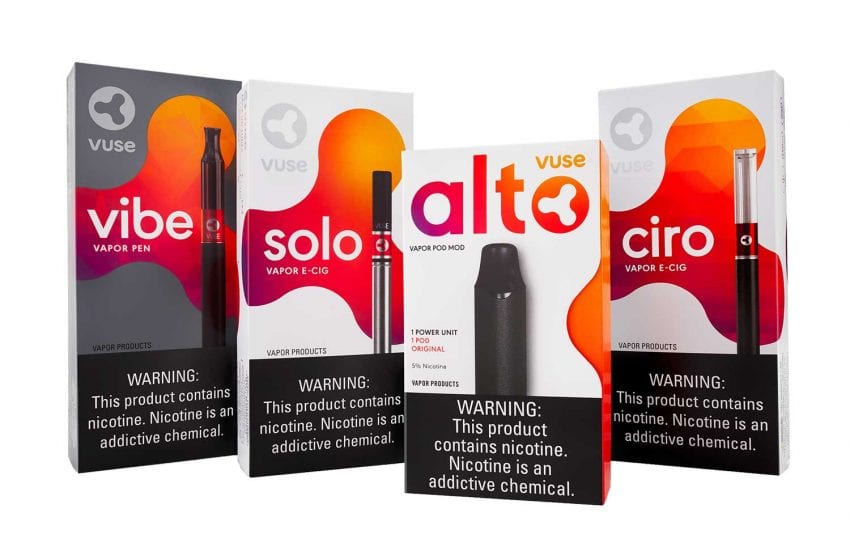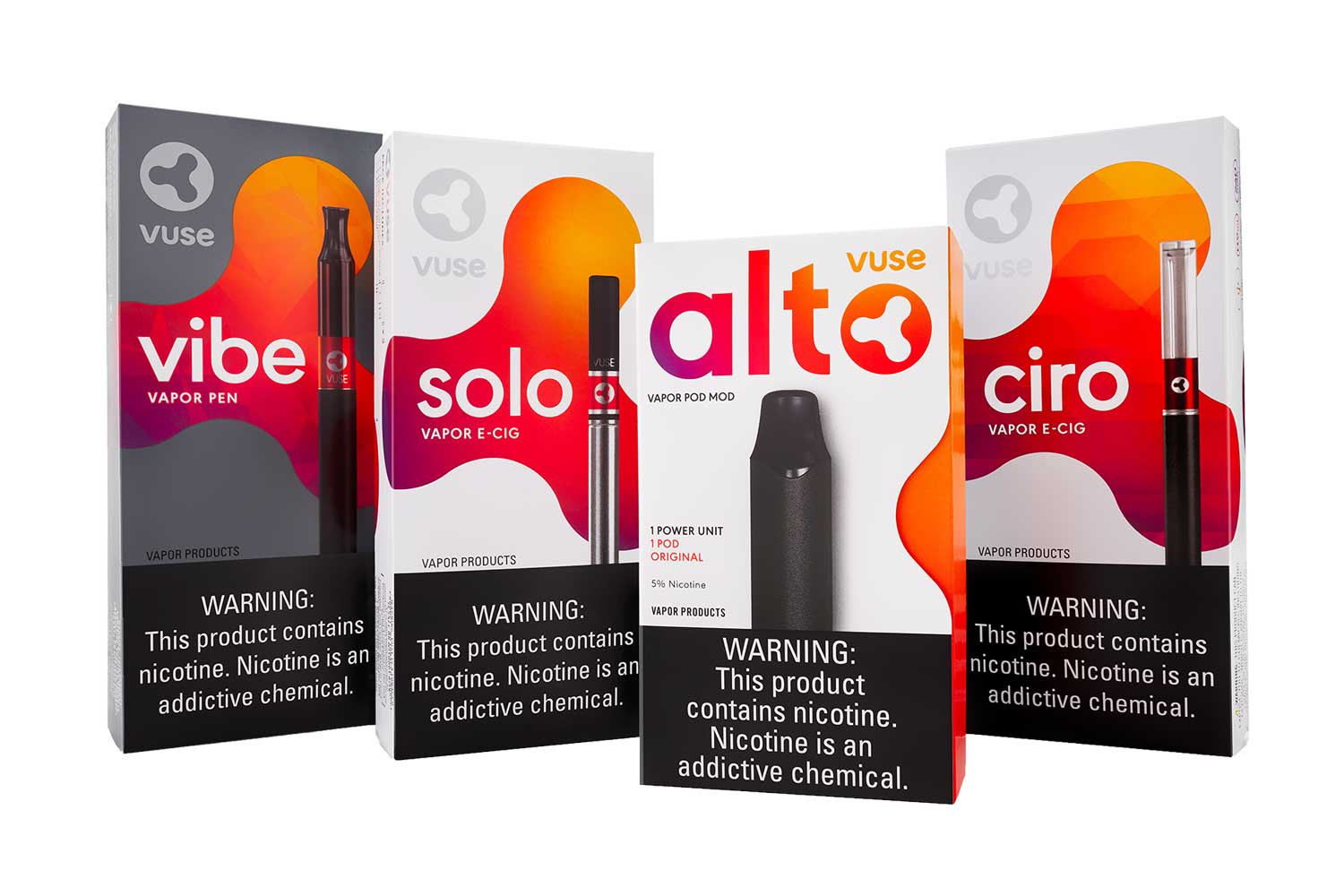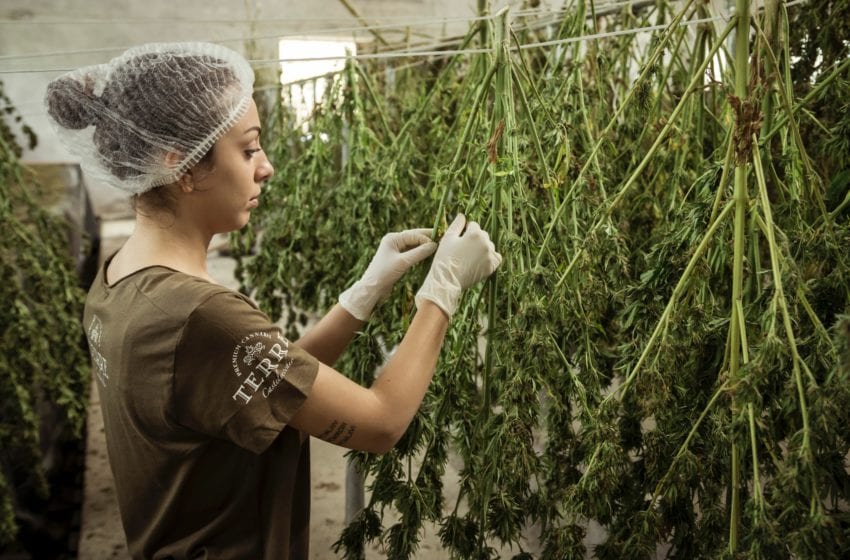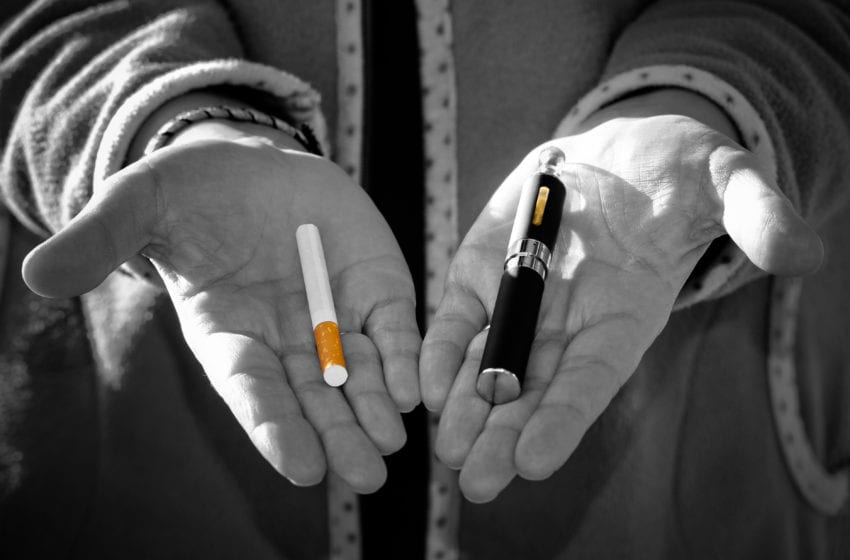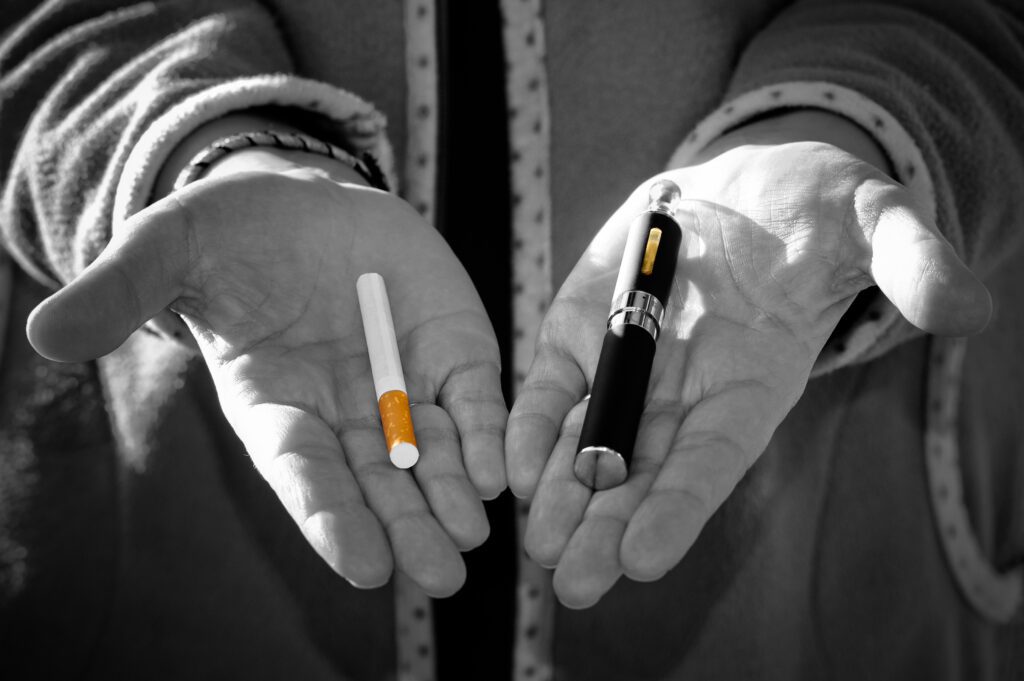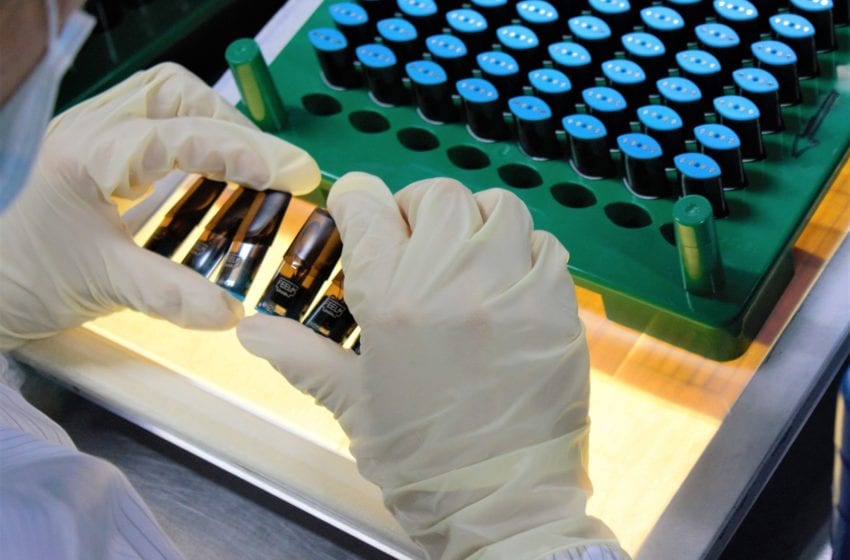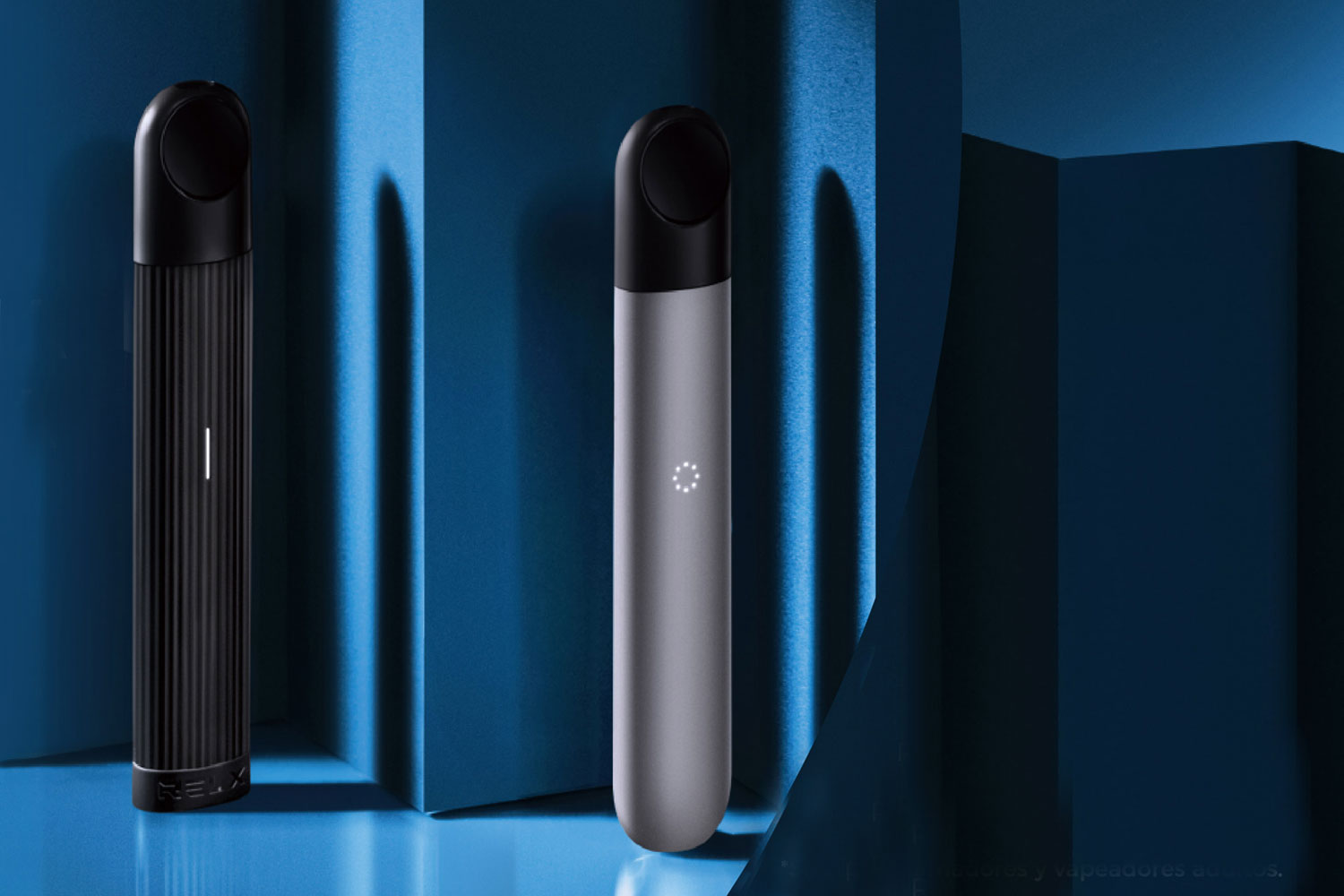
RELX International will launch its next-generation e-cigarettes, the Infinity and Essential, in Colombia this month. The Infinity features RELX International’s latest innovations in product design, vapor quality, mobility and overall user experience. The Essential allows users to experience key elements of the Infinity’s design at a more accessible price point.
According to RELX, Infinity and Essential feature a full flavor and smooth puff due to the independently-developed Super Smooth Performance technology. With more than a year dedicated to the design process, this data-driven technology was developed by defining five key elements that constitute the perfect puff. This technology was perfected through 76 sensory tests and repeated refinements of the parameters measuring RELX Super Smooth Performance.
RELX International will launch its next-generation e-cigarettes, the Infinity and Essential, in Colombia this month. The Infinity features RELX International’s latest innovations in product design, vapor quality, mobility and overall user experience. The Essential allows users to experience key elements of the Infinity’s design at a more accessible price point.
Our goal is to help smokers who cannot or do not want to quit, to transition to a better alternative with confidence.
Bing Du, CEO, RELX International
RELX International will launch its next-generation e-cigarettes, the Infinity and Essential, in Colombia this month. The Infinity features RELX International’s latest innovations in product design, vapor quality, mobility and overall user experience. The Essential allows users to experience key elements of the Infinity’s design at a more accessible price point.
According to RELX, Infinity and Essential feature a full flavor and smooth puff due to the independently-developed Super Smooth Performance technology. With more than a year dedicated to the design process, this data-driven technology was developed by defining five key elements that constitute the perfect puff. This technology was perfected through 76 sensory tests and repeated refinements of the parameters measuring RELX Super Smooth Performance.
The design of the Infinity device was optimized more than 40 times and more than 12,000 pods were tested to ensure leak resistance and high-quality standards. Patent applications have been submitted for more than 50 innovations used in the device, including its leak-resistant design, e-liquid pods and wireless charging case. In March 2020, the Infinity was awarded the Red Dot Award: Product Design 2020.
“I’m proud of the entire RELX global team for creating this beautifully-designed Infinity device with superior technology, and with a dedication to innovation that we are now known for worldwide,” said RELX International CEO Bing Du in a statement. “Ultimately our goal is to help current smokers who cannot or do not want to quit, to transition to a better alternative with confidence. The more budget-friendly Essential device also allows users to experience RELX’s premium quality features”.

